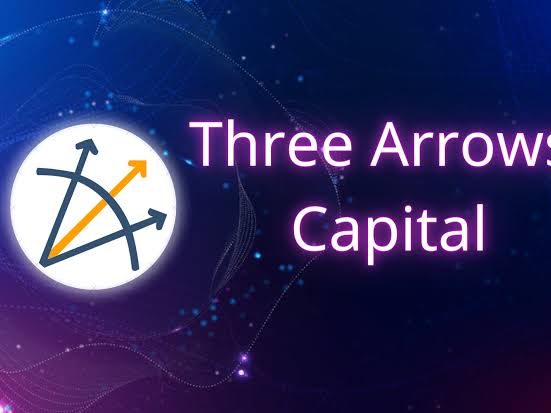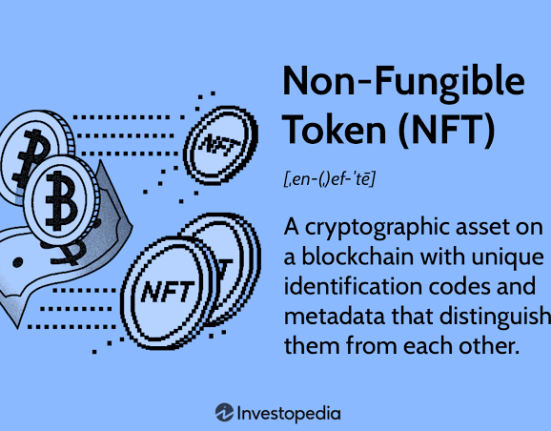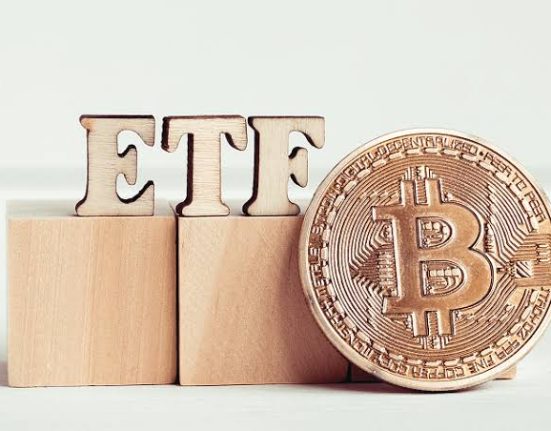DeFi Protocol to Shut Down with 55% of Algorand Value
A “confluence of events” rendered Algofi, the largest decentralized financial protocol on layer-1 blockchain Algorand, incapable of being maintained to the highest quality, and it announced its impending shutdown.The lending, borrowing, and trading website will soon switch to a withdrawal-only mode, according to a blog post.Algofi continued in the article, “To this day, our belief in the power of Algorand’s technology and revolutionary consensus algorithm has not wavered. Before the crypto markets underwent a protracted drop that saw ALGO fall as low as $0.09 last month, Algofi was established at the height of the previous bull market, when algorand (ALGO) was trading at $1.85.The decline, combined with the SEC’s (Securities and Exchange Commission of the United States) tough posture following its recent designation of algorand as a security, has slowed the development of DeFi ventures on the once-hyped blockchain. According to DefiLlama data, the total value locked (TVL) on Algorand is currently $59 million, a significant decrease from the more than $200 million in February.Algofi still makes up more than half of the value on the Algorand blockchain, which now has the lowest value since the beginning of 2022, despite seeing its TVL decline by more than 10% since the announcement.































